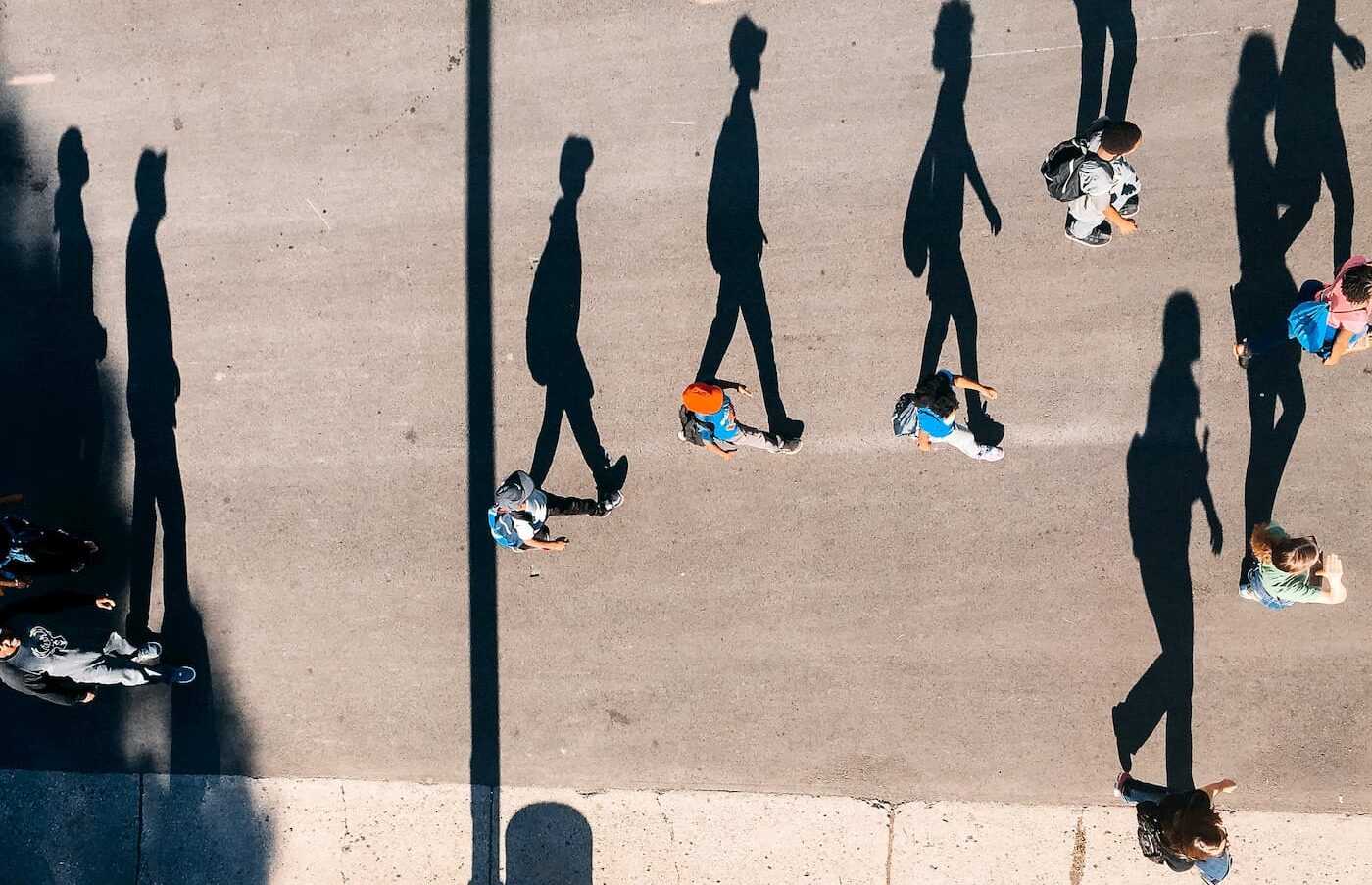
Today marks International Identity Day. It falls on September 16th in recognition of Sustainable Development Goal 16.9 , which commits the international community to providing a means of identity to all by 2030. As we celebrate today, it’s worth reminding ourselves what it means to not be able to prove who you are.
In the developed world, we’re used to providing identification even for routine transactions such as opening a mobile phone account at a local store. We can readily produce a combination of photo ID, proof of bank details and a utility bill to confirm our address. We take it for granted that we can prove who we are when we need to, but that’s not the case for over a billion people in other parts of the world.
Substitute mobile phones for education, financial services, healthcare or social services for you and your family, and not being able to prove who you are can have serious consequences. As a result, the global development community has turned its attention to the one-in-seven people on the planet who “don’t officially exist” in many eyes because they lack a formal identity through any easily-presentable paperwork.
In recognition of the scale of the problem, identity was included within the United Nations’ Social Development Goals (SDGs), launched in 2015 with the goal of providing legal identity for all by 2030 including free birth registrations. Around the world, 250 million children under five didn’t have their birth registered, and in sub-Saharan Africa alone over 50 per cent of children remain unregistered by their fifth birthday. If the tap feeding this unregistered birth epidemic can be turned off, then we can at least stop the problem getting any bigger.
Not having something as straightforward as a birth certificate can be profound. Thirty-two countries in sub-Saharan Africa require a birth certificate to access education, 16 require one to access social support, and six to access healthcare. In Indonesia a birth certificate is the only form of legal identity, yet 58 per cent of the poorest children don’t have their births registered. As they get older, how do they claim rights to things like land, inheritance and nationality?
International Identity Day is designed to highlight each of these issues and help rally the global humanitarian and tech communities to develop solutions.
At Yoti, since our founding in 2014 we have been fully committed to the concept of digital identity for all. Our commercial activities are centred around online tools and apps that allow people to prove who they are, whilst our social purpose activities support the building of solutions for those without mobile devices, or without access to the Internet, in less developed countries.
You can read more about these efforts on our website here, or in this downloadable Social Purpose Strategy deck.
Written by Ken Banks our Head of Social Purpose
